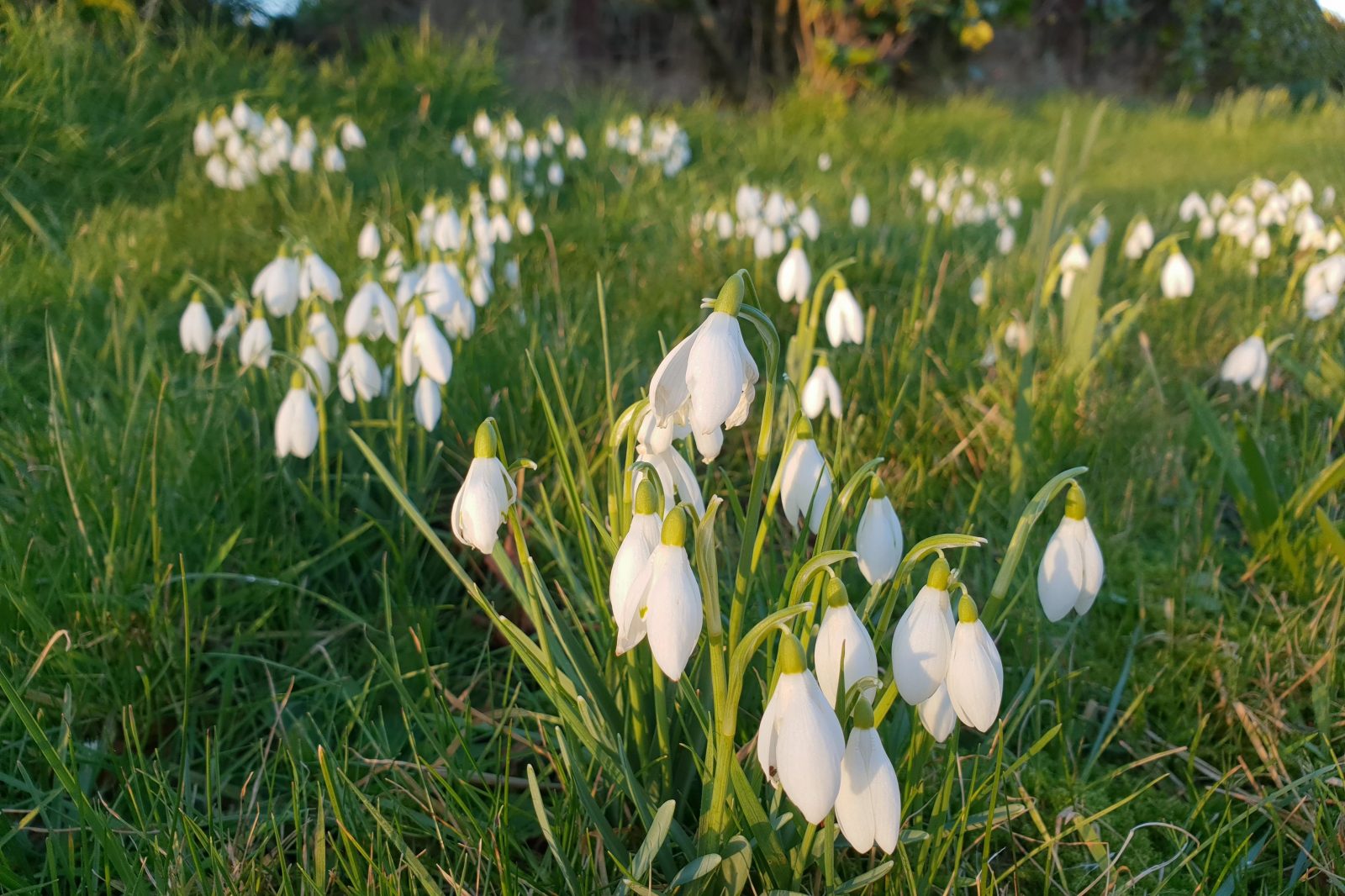

Maitri musings: aparigraha (non-grasping)
- by Claire Ferry - Feb 04, 2019
Aparigraha is the fifth of the yamas and can be translated as non-possessiveness, non-grasping, non-covetousness (not desiring that which others have). So it's not quite the same as asteya (non-stealing) which involves the act of consciously or unconsciously taking something from someone else. Here it is more about our own desire and attachments, and whether we act on them or not.
We all experience desire and know how it can cause disturbances in our mood, emotion and actions. Whether it's desiring some delicious food, or a drink or cigarette, or a piece of clothing, or the notion of someone else's life (as we perceive it) from an advert or social media. There is the feeling of want or jealousy, or comparison: if only I had that watch/dress/body shape/cake, then I'd be happy.
Thankfully we can train ourselves to use our intelligence...no, eating another cake or taking another cigarette is not going to be helpful to me in the long term!
BKS Iyengar writes a chapter in Light on Life about samskaras and freeing ourselves from habit. With practice, we can retrain ourselves not to leap into habitual patterns. Overcoming irritability "you do not have to bite off your tongue to avoid giving an angry retort to people who irritate you; you're not being self-consciously good. It simply becomes second nature to be free...you act in freedom, you act appropriately, unconditioned by the past".
We can extend non-clinging to the past to non-grasping at the future, so that we learn to practise in the present without concern or expectation of reward or being attached to the outcome. Aparigraha therefore has repercussions for the intent behind our actions. In the Bhagavad Gita, Krishna advises Arjuna "Let your concern be with action alone, and never with the fruits of action. Do not let the results of action be your motive, and do not be attached to inaction". I recall from childhood the tale of the good Samaritan, helping a victim without expectation of reward, simply because it was the right thing to do.
How does all this relate to our practice, on and off the mat?
Practically we can do what is very much in vogue - declutter our possessions - and then learn not to fall foul of advertising pressures to not buy more than we need. A video of David Attenborough is going viral at the moment, saying that the one thing we need to do to help the planet is avoid waste. We can take care about what we watch, or put on, our social media feeds, and whether our actions could cause others to have feelings or desire or jealousy.
For ourselves, we can declutter our minds and hearts. We can let go of old resentments, forgive ourselves and others, stop clinging to and regurgitating the same old stories we have about our lives, become less possessive about our thoughts and beliefs. Instead, take a lesson from nature and observe the constant change and renewal of life in each moment. This frees us to take account of current circumstance and act appropriately in that moment.
On our mat, we can learn to practise for the act of practising now. Yes, there may well be an intent, whether that is to do a handstand, stay fit, or recalling the ultimate aim of yoga to "still the fluctuations of the mind" - but remember that in the moment of practising we do not need to concern ourselves with that aim. We can rest in the knowledge it will come in time, with practice.
Rather, be in the moment, celebrating what we already have: the ability to live, move, act. In this way, aparigraha offers us such freedom!
Contact Us
Maitri Studio Limited
4 The Mount, Belfast, BT5 4NA
Tel: +44 (0)28 9099 2428
Email: [email protected]
Company number: NI635546
